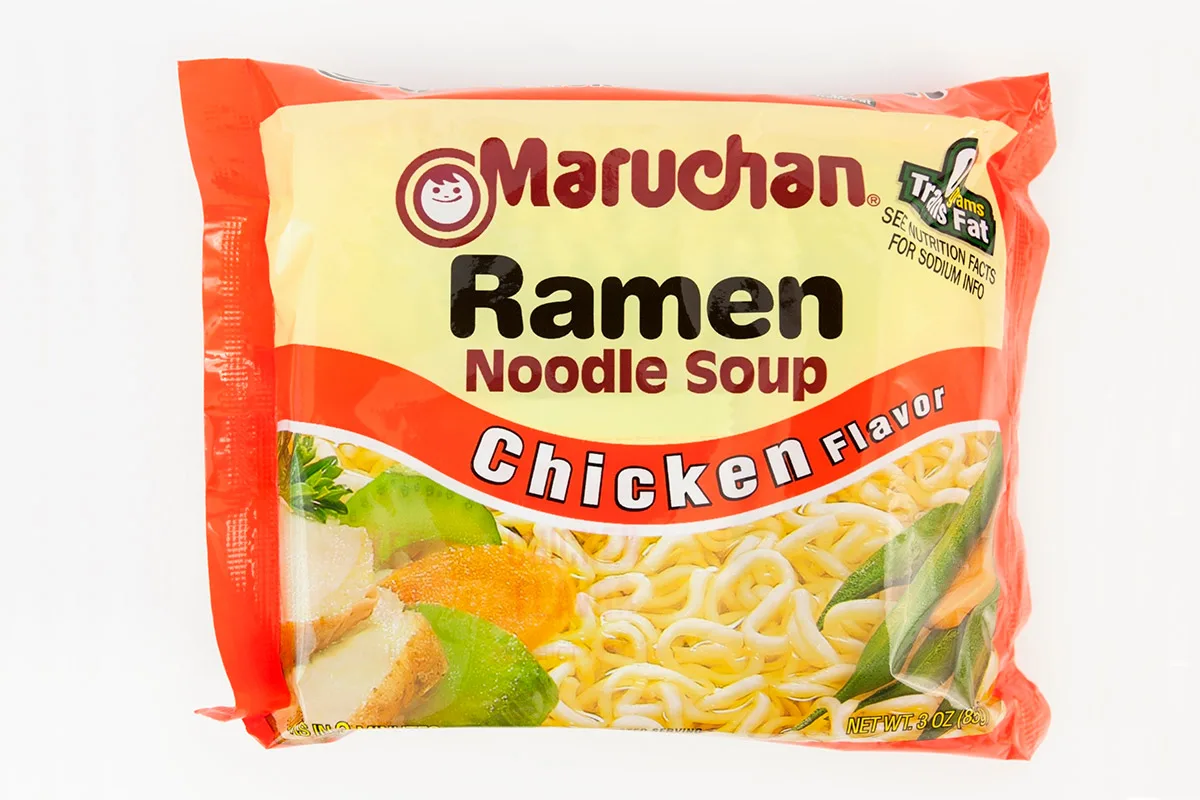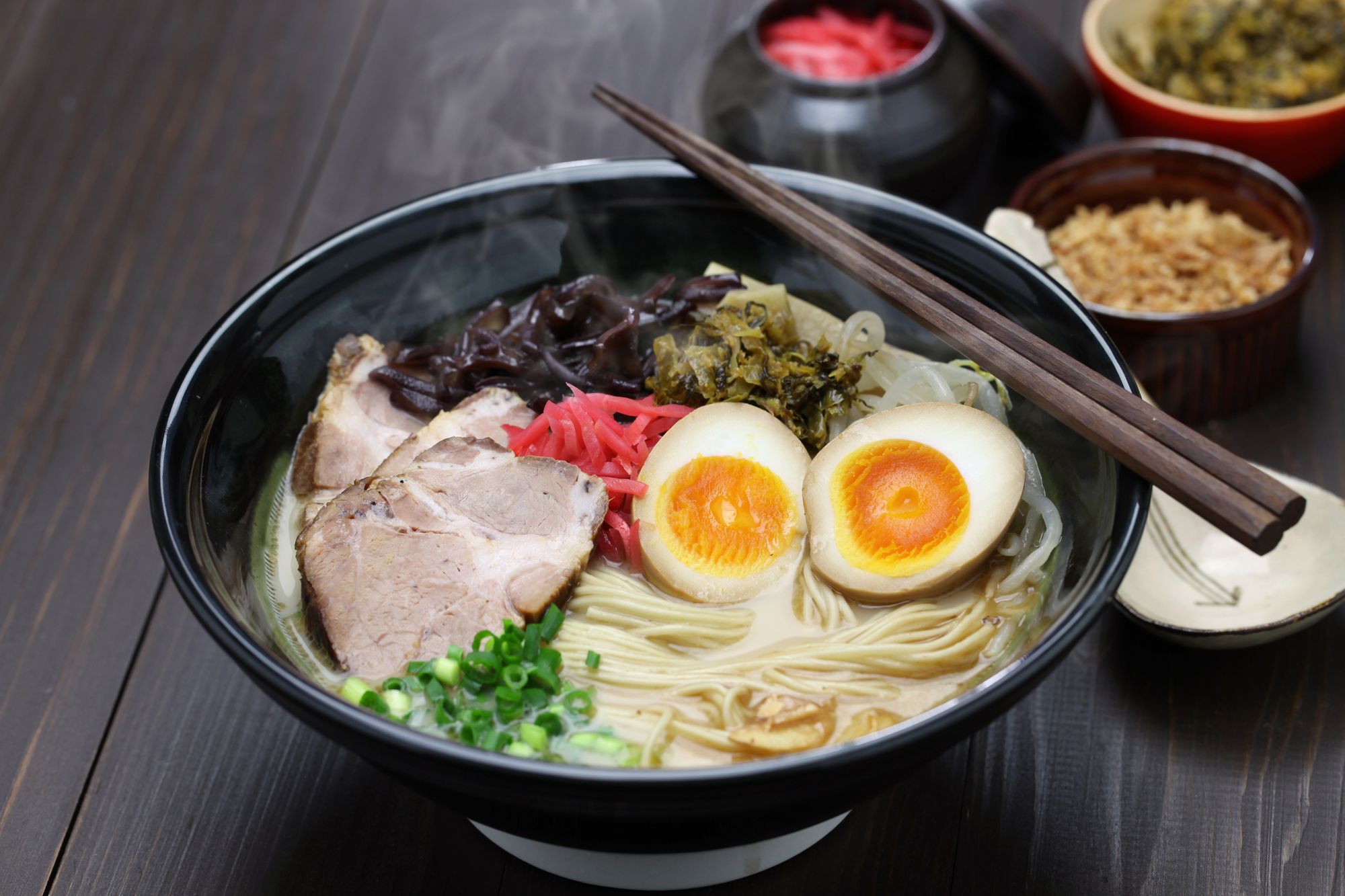Recall on ramen noodles has become a significant concern for consumers worldwide. Whether you're a fan of instant noodles or someone who enjoys traditional ramen, understanding the reasons behind these recalls is essential. This article dives deep into the issue, providing you with the latest information and helping you make informed decisions.
Instant noodles, particularly ramen, have become a staple in many households due to their convenience, affordability, and flavor. However, recent recalls have raised questions about the safety and quality of these products. This article aims to shed light on the issue, ensuring that you have all the necessary information to protect yourself and your loved ones.
In this comprehensive guide, we will explore the reasons behind ramen noodle recalls, the potential health risks, and what consumers can do to stay safe. By the end of this article, you will have a clear understanding of the situation and be equipped with the tools to navigate this issue effectively.
Read also:5 Movierulz 2025 Download Kannada Your Ultimate Guide To Kannada Movies
Table of Contents
- Introduction to Recall on Ramen Noodles
- Reasons for Recall on Ramen Noodles
- Health Implications of Ramen Noodle Recalls
- Recent Cases of Ramen Noodle Recalls
- Prevention Tips for Consumers
- Regulatory Standards and Compliance
- Environmental Impact of Ramen Noodle Production
- Consumer Responsibility in the Recall Process
- The Future of Ramen Noodles
- Conclusion
Introduction to Recall on Ramen Noodles
Recall on ramen noodles has been a recurring issue in recent years, prompting consumers to question the safety of one of the world's most beloved comfort foods. Ramen, originally from Japan, has gained global popularity due to its versatility and ease of preparation. However, the growing number of recalls highlights the need for vigilance when purchasing and consuming these products.
Food recalls occur when a product is removed from the market due to contamination, mislabeling, or other safety concerns. In the case of ramen noodles, recalls can stem from a variety of factors, including the presence of harmful additives, allergens, or even foreign objects. Understanding these issues is crucial for maintaining food safety and protecting public health.
Why Are Ramen Noodles Recalled?
Ramen noodles are often recalled due to contamination with harmful substances or improper labeling. These issues can arise at various stages of production, from raw material sourcing to packaging. Some common reasons for recalls include:
- Presence of undeclared allergens
- Contamination with harmful bacteria or chemicals
- Foreign objects found in packaging
- Mislabeling of ingredients or nutritional information
Reasons for Recall on Ramen Noodles
The reasons behind recall on ramen noodles vary depending on the specific circumstances of each case. However, certain factors are more common than others. Below, we explore the primary reasons for these recalls:
Contamination with Harmful Substances
One of the most significant concerns in ramen noodle recalls is contamination with harmful substances. This can include bacteria such as Salmonella or E. coli, which can cause severe foodborne illnesses. Additionally, chemical contaminants like pesticides or heavy metals may also be present, posing long-term health risks.
According to a report by the World Health Organization (WHO), foodborne illnesses affect millions of people worldwide each year. Ensuring the safety of food products, including ramen noodles, is a critical step in reducing these numbers.
Read also:Tom Shillue Net Worth Unveiling The Wealth Behind The Iconic Personality
Health Implications of Ramen Noodle Recalls
Recalls on ramen noodles can have serious health implications for consumers. The presence of harmful substances or allergens can lead to adverse reactions, ranging from mild discomfort to life-threatening conditions. Understanding the potential health risks associated with these recalls is essential for making informed decisions.
Common Health Risks
Some of the most common health risks associated with ramen noodle recalls include:
- Foodborne illnesses caused by bacterial contamination
- Allergic reactions due to undeclared allergens
- Long-term health effects from exposure to chemical contaminants
Recent Cases of Ramen Noodle Recalls
In recent years, several high-profile cases of ramen noodle recalls have made headlines. These incidents highlight the importance of vigilance in the food industry and the need for consumers to stay informed. Below, we examine some of the most notable cases:
Case Study: Contaminated Ramen in Asia
In 2021, a major ramen manufacturer in Asia issued a recall after detecting traces of a harmful chemical in its products. The contamination was traced back to a supplier of raw materials, prompting a widespread investigation into the company's supply chain. This case underscores the importance of stringent quality control measures in food production.
Prevention Tips for Consumers
While food manufacturers bear the primary responsibility for ensuring product safety, consumers can also take steps to protect themselves from the risks associated with ramen noodle recalls. Below are some prevention tips:
How to Stay Safe
- Check product labels for allergens and nutritional information
- Stay informed about recalls by subscribing to food safety alerts
- Avoid purchasing products from unverified sources
- Report any suspicious products to the relevant authorities
Regulatory Standards and Compliance
Regulatory bodies play a crucial role in ensuring the safety of food products, including ramen noodles. Organizations such as the Food and Drug Administration (FDA) in the United States and the European Food Safety Authority (EFSA) set standards for food safety and monitor compliance. Understanding these regulations can help consumers make informed choices.
Key Regulatory Standards
- Food Safety Modernization Act (FSMA) in the United States
- General Food Law Regulation in the European Union
- International Food Safety Standards set by the Codex Alimentarius Commission
Environmental Impact of Ramen Noodle Production
The production of ramen noodles also has an environmental impact, which can indirectly contribute to recalls. The use of non-sustainable practices in agriculture, packaging, and transportation can lead to contamination or degradation of raw materials. Addressing these issues is essential for promoting sustainable food production.
Sustainable Practices in Ramen Noodle Production
Some manufacturers are adopting sustainable practices to reduce their environmental footprint. These efforts include:
- Using organic and non-GMO ingredients
- Implementing eco-friendly packaging solutions
- Optimizing supply chain logistics to minimize waste
Consumer Responsibility in the Recall Process
Consumers also have a role to play in the recall process. By staying informed and reporting suspicious products, they can help ensure the safety of food products for everyone. Additionally, consumers can support manufacturers that prioritize food safety and sustainability.
How Consumers Can Make a Difference
- Report any issues with products to the manufacturer or regulatory authorities
- Choose products from companies with strong food safety records
- Advocate for stricter food safety regulations
The Future of Ramen Noodles
The future of ramen noodles depends on the ability of manufacturers and regulators to address the challenges posed by recalls and other safety concerns. By adopting innovative technologies, sustainable practices, and stricter regulations, the industry can ensure the safety and quality of these beloved products.
Innovations in Ramen Noodle Production
Some of the most promising innovations in ramen noodle production include:
- Advancements in food safety testing technologies
- Development of healthier and more sustainable ingredients
- Improved supply chain transparency and traceability
Conclusion
Recall on ramen noodles is a complex issue that requires the attention of manufacturers, regulators, and consumers alike. By understanding the reasons behind these recalls and taking proactive steps to ensure food safety, we can protect public health and maintain trust in the food industry. As consumers, it is our responsibility to stay informed, report issues, and support companies that prioritize safety and sustainability.
We encourage you to share this article with others and leave your thoughts in the comments below. Together, we can make a difference in promoting food safety and protecting the health of communities worldwide. For more information on food safety and recalls, explore our other articles on this topic.


